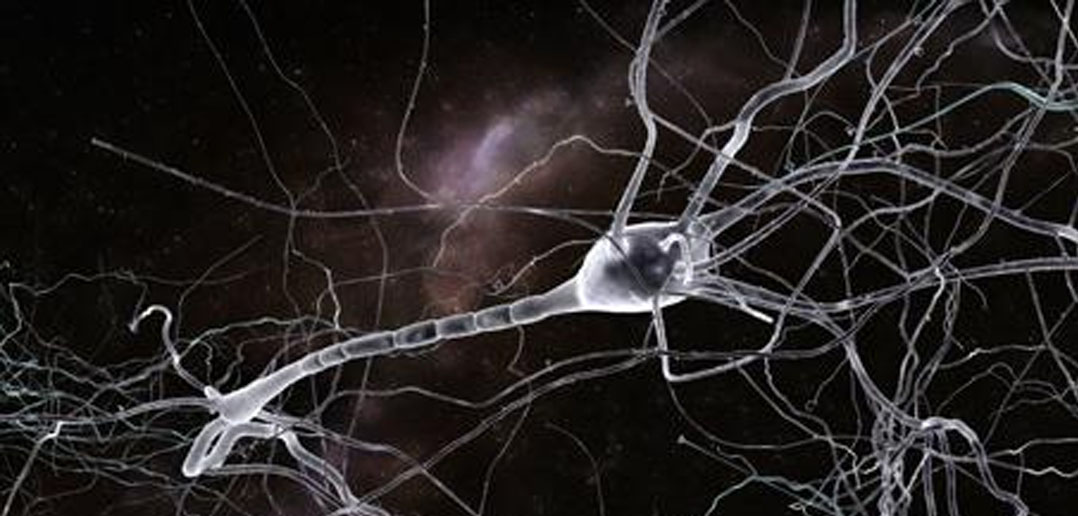
Ecstasy and the Serotonin System: Understanding the Neurotransmitter Impact and 5-HTP in Ecstasy Recovery
Ecstasy, also known as MDMA (3,4-methylenedioxymethamphetamine), is a medicinal widely used for its euphoric and empathogenic effects. However, the use of ecstasy can result in a range of adverse health consequences, including disruptions in the serotonin system, a neurotransmitter system central to mood regulation and emotional well-being. This article explores the relationship between ecstasy, the serotonin system, and the potential role of 5-HTP in supporting recovery from ecstasy use.
The Serotonin System and MDMA
The serotonin system, often referred to as the “feel-good” system, plays a fundamental role in regulating mood, emotions, and social behavior. Serotonin, a neurotransmitter, is associated with feelings of happiness, contentment, and emotional connection.
How Ecstasy Impacts Serotonin
Ecstasy’s primary mechanism of action involves the release of large amounts of serotonin in the brain, leading to heightened feelings of euphoria, emotional closeness, and enhanced sensory perception. Users often experience increased sociability and a sense of profound connection with others. The intense release of serotonin depletes the brain’s serotonin reserves, leading to adverse effects both during and after use. The “mid-week blues” or “Suicide Tuesday,” experienced by some users after an ecstasy session, is attributed to this serotonin depletion, resulting in symptoms like depression, anxiety, and cognitive impairments.
The Role of 5-HTP in Ecstasy Recovery
5-Hydroxytryptophan (5-HTP) is a naturally occurring amino acid and precursor to serotonin. It is available as a dietary supplement and is sometimes explored as a support for individuals recovering from ecstasy use. Here are ways in which 5-HTP may assist in recovery:
- Serotonin Repletion: 5-HTP supplementation provides the raw material needed for serotonin synthesis. By increasing serotonin levels, it may help mitigate the depressive and anxious symptoms associated with serotonin depletion following ecstasy use.
- Mood Stabilization: Ecstasy use can lead to mood swings, including depressive episodes. 5-HTP may aid in stabilizing mood and reducing the severity of mood-related symptoms during recovery.
- Improved Sleep: Sleep disturbances are common during ecstasy recovery. Serotonin plays a role in regulating sleep patterns, and 5-HTP may support better sleep quality by promoting the production of melatonin, a hormone involved in sleep regulation.
- Emotional Well-being: Enhancing serotonin levels with 5-HTP could contribute to a greater sense of emotional well-being and improved overall mood, which is essential for a successful recovery process.
- Cognitive Function: Some studies suggest that 5-HTP may have cognitive-enhancing effects, including improved memory and attention. This could be particularly beneficial for individuals experiencing cognitive deficits as a result of ecstasy use.
Ecstasy’s effects on the serotonin system can have significant consequences for mood and emotional well-being, both during use and in the recovery phase. While 5-HTP shows potential as a supportive tool for ecstasy recovery, it is vital to emphasize that recovery from drug use requires a holistic approach. Behavioral therapy, counseling, social support, and medical interventions are often integral components of successful recovery.
Consultation with healthcare professionals and addiction specialists is crucial for individuals seeking to overcome ecstasy addiction. 5-HTP supplementation should be considered as part of a broader plan and under the guidance of providers. Additionally, addressing the root causes and consequences of use, as well as adopting a healthy lifestyle, plays a central role in the recovery process. Addiction is a complex issue, and effective recovery strategies should address its physical, psychological, and social dimensions.